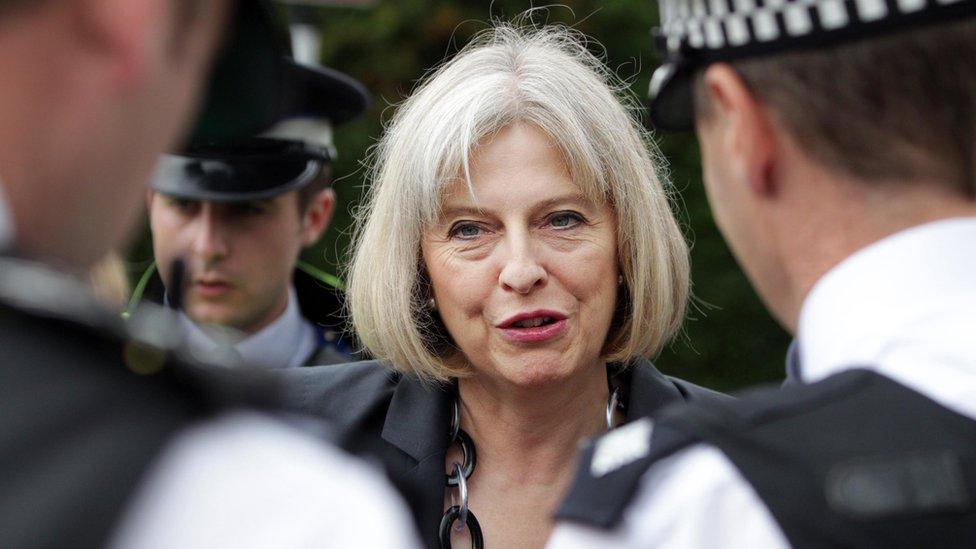Theresa May as PM: What's on her to-do list?
- Published
Theresa May has now succeeded David Cameron as UK prime minister. What are the immediate challenges she faces and what's on her to-do list?
Forming a government
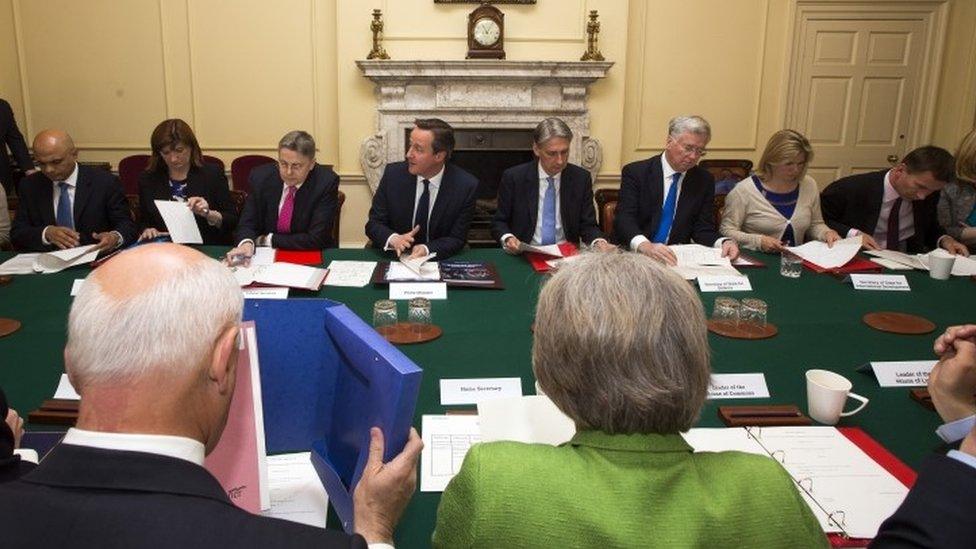
Theresa May did not waste time unpacking her bags before tackling her first test - who to choose to sit alongside her around the Cabinet table. The most important appointments - Philip Hammond as Chancellor, Boris Johnson as Foreign Secretary, Amber Rudd as Home Secretary and David Davis as Brexit chief - were announced at breakneck speed within a couple of hours of Mrs May walking through the front door of No 10 as PM for the first time.
She ensured a clean break with the past, and showed who was now in charge, with these moves and the decision to effectively sack Chancellor George Osborne.
There are now plenty more appointments to be made - Mrs May will be expected to reward allies who supported her in the leadership contest, to fulfil the pledge to put more women in the cabinet and also maintain a balance between Brexiteers and Remainers. She will need to find room for some new faces while also maintaining a core of experience.
Mrs May announced in the flurry of announcements on Wednesday evening a change in some Whitehall departments - a new international trade role, the Brexit department and a split of the Business, Innovation and Skills department.
Among those we are still waiting to hear about are Chris Grayling, a prominent Brexiteer who supported her leadership bid, acting as her campaign manager, while some Brexiteers would also be keen to see Andrea Leadsom rewarded with a prominent role, after giving way to Mrs May in the leadership contest.

Nuclear briefing
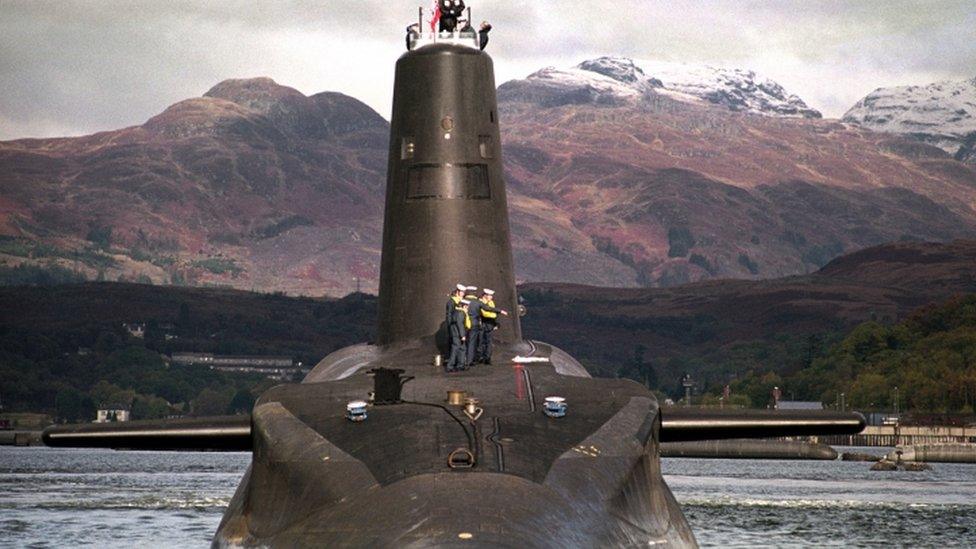
Mrs May's first meeting as prime minister was with Sir Jeremy Heywood, head of the civil service, who has a well-worn checklist of tasks to be performed by incoming leaders. One of her first jobs was to hand-write letters of last resort to the commanders of the UK's four Trident submarines on what action they should take if the country suffers a catastrophic nuclear attack. She will also have been asked to appoint two nuclear "deputies" - cabinet members who will take any decision on launching nuclear missiles in the event of her incapacity.

Speaking to foreign leaders
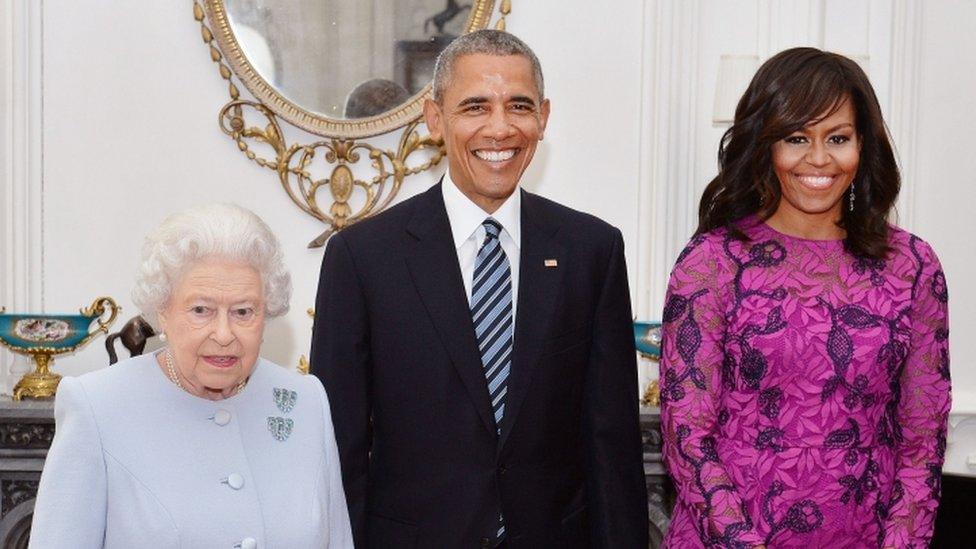
As protocol dictates for a new prime minister, Theresa May got plenty of messages of support and congratulations from fellow leaders across the UK and the world.
Mrs May will want to get off on the right foot, particularly in her dealings with German Chancellor Angela Merkel and French President Francois Hollande ahead of years of what will be hard-fought negotiations over the UK's divorce from the EU. A Downing Street spokesperson said the prime minister spoke to Mrs Merkel, President Hollande and the Irish Taoiseach Enda Kenny on Wednesday evening .
In those initial conversations, Mrs May and Mrs Merkel "agreed that they wanted to establish a constructive relationship, recognising the importance of close co-operation between the UK and Germany." In her call with President Hollande, Mrs May "discussed the importance of the bilateral relationship, particularly security and defence co-operation and also the joint work on border controls in Calais."
The No 10 account of the first chat with US President Barack Obama will be keenly awaited.
Although Mr Obama only has seven months left in the White House, Mrs May will want to create an immediate impression on him by emphasising the strength of the "special relationship" and addressing US concerns about the implications of the UK's Brexit vote on the UK's international defence and security commitments.

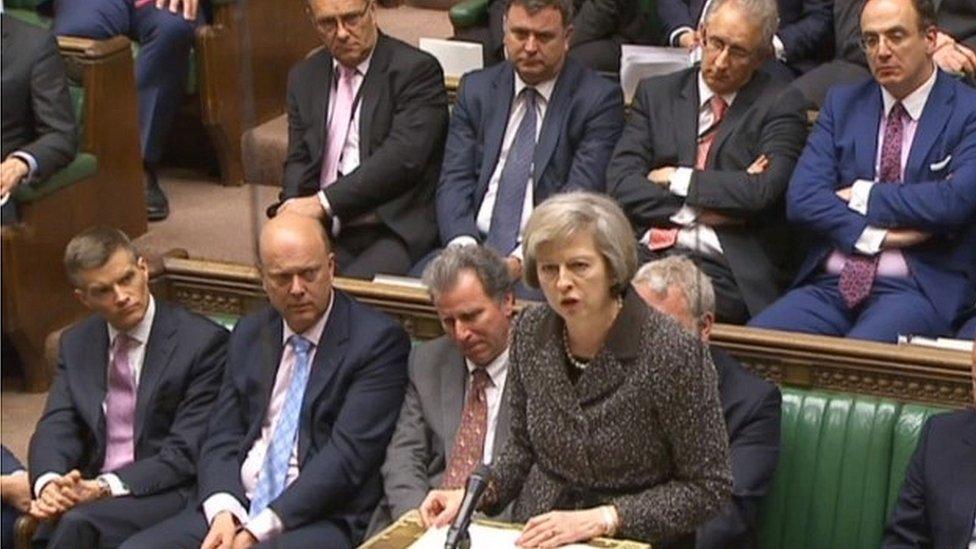
Theresa May's diary
Wednesday 13 July: Theresa May becomes prime minister after David Cameron tendered his resignation to the Queen, who formally asked Mrs May to form a government
Wednesday/Friday 13-15 July: Cabinet and ministerial reshuffle. We've got the big jobs but there are dozens more to be appointed
Tuesday 19 July: Theresa May is expected to chair her first cabinet meeting
Wednesday 20 July: She will make her debut at Prime Minister's Questions up against Jeremy Corbyn
August: Normally would be a relatively quiet month politically and a chance to recharge batteries, but with Brexit negotiations and the impetus of being a new PM it's likely to be a busy time
4-5 September: She will attend the G20 summit in China, expected to be her first major international conference
1 October: The prime minister will celebrate her 60th birthday
5 October: She will deliver her first leader's speech to the Conservative Party conference
20 October: The first EU Council meeting of May's leadership in Brussels
November: The chancellor's Autumn Statement

Brexit talks
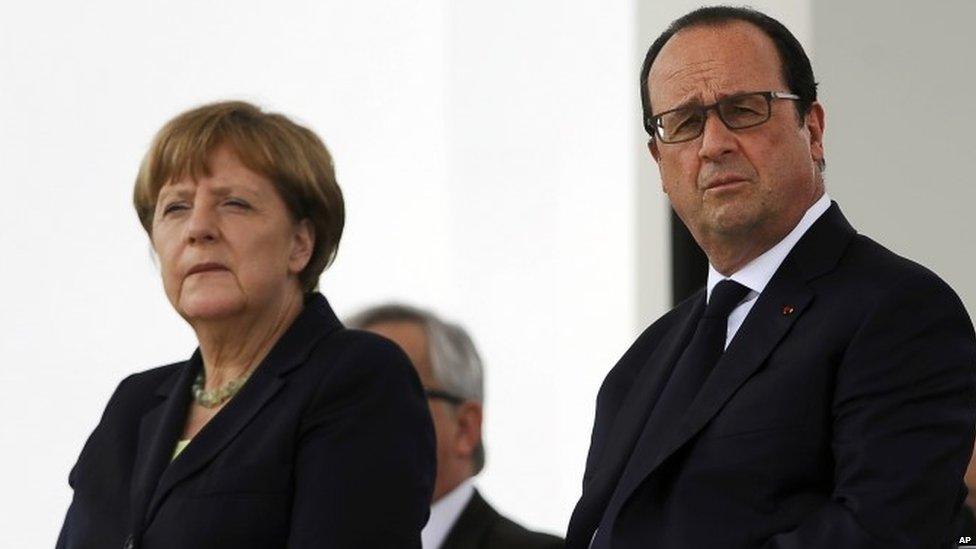
The UK's exit from the EU will dominate Theresa May's premiership. Despite backing the Remain campaign in the EU referendum, she has said "Brexit means Brexit," and has vowed to make it work.
She has said she will not trigger Article 50 of the Lisbon Treaty, which would formally take Britain out of the EU after up to two years of negotiations, before the end of 2016.
She is thought to want informal talks with other EU leaders first. She has made veteran Eurosceptic David Davis - the man pipped to the Conservative leadership by David Cameron in 2005 - the Brexit Secretary to head the talks. But fellow Brexiteers Boris Johnson and Liam Fox will also be involved via their new jobs. Ensuring these three manage to work together productively will be a not inconsiderable task in the coming years.
The next EU Council meeting is not scheduled to take place until 20 October, which may buy her some breathing space, as she sets up a negotiating team and establishes some "red lines" on issues such as immigration and access to the single market before official exit talks begin.
But other EU leaders are reluctant to allow Britain to dictate the terms and pace of the country's exit and Mrs May will be under pressure to trigger Article 50 as soon as possible. She will also be under pressure from some in her own party to get on with it, amid fears of backsliding on her commitment to get the UK out of the EU.

A snap general election?
Theresa May dismissed calls for a snap general election after David Cameron's exit, saying the Conservatives won a majority at the 2015 general election and her job is to continue with the work of her predecessor while pursuing fresh economic and social ideas.
As it stands, current rules mean the UK is not scheduled to go to the polls again until May 2020 but, as the last few weeks have proved, things can change rapidly in politics. Will Mrs May want to wait to go to the country in four years on the basis of the Brexit deal she has struck or will she seek a fresh mandate earlier?
Hanging over her will be the spectre of former Labour PM Gordon Brown, who also entered Number 10 without winning a general election or a vote of party members, and who torpedoed his chances of winning a mandate of his own with his will-he/won't-he wobbling over a snap election.

Visiting the rest of the UK
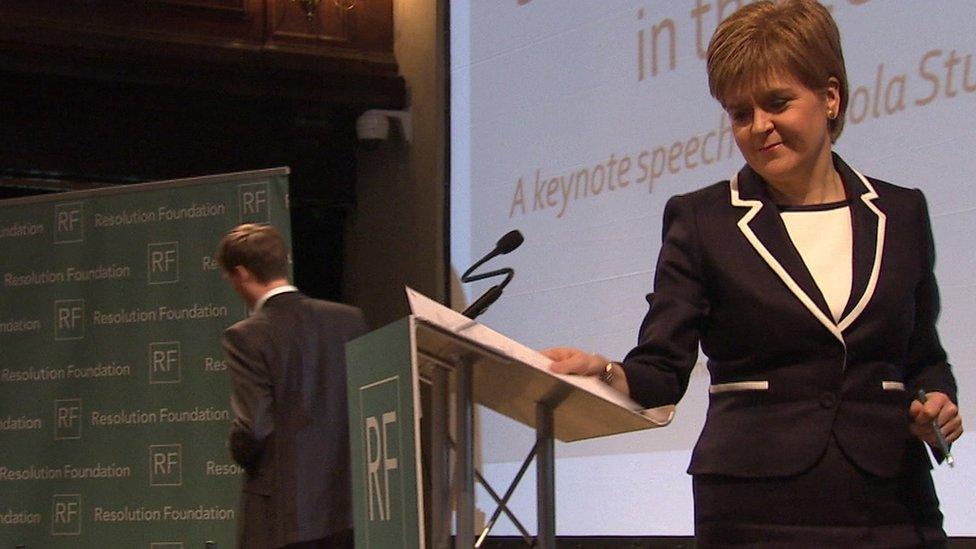
David Cameron used his first week in office to visit Scotland, Wales and Northern Ireland - could his successor do the same?
Scottish First Minister Nicola Sturgeon has said she wants an "early engagement" with the new UK prime minister on Europe to ensure that Scotland - which voted to remain in the European Union - is properly represented in the process of leaving and to make the case for retaining important links such as access to the single market.
While the initial discussions are likely to be cordial, there are clearly fault lines ahead given that Mrs May has said "Brexit means Brexit" and Ms Sturgeon has raised the prospect of a second independence referendum if the UK ends up outside the EU. At all levels, it will be a fascinating relationship over the coming years.
Northern Ireland has its own concerns about Brexit - focusing on security and border controls with the Republic of Ireland - which will need to be addressed while there is a separate issue in Wales about the pace of further devolution and its relationship with Westminster.

The first Commons vote - Trident?
Mrs May will face her first Prime Minister's Questions on Wednesday 20 July, always a daunting task for a new leader, but her government's first Commons test may come even earlier than that.
David Cameron, in one of his last acts as prime minister, announced there would be a vote on renewing the UK's nuclear weapons on Monday, 18 July.
Mrs May has said she will press ahead with the vote, which is likely to expose deep divisions in the already fractured Labour Party.
She has argued that replacing the UK's continuous-at-sea fleet of Vanguard submarines would send a message that the country was "committed" to working with Nato allies after voting for Brexit.

The economy
Theresa May has already indicated a break with the recent past by signalling the current government's goal of securing a budget surplus by 2020 will be abandoned.
She has also ruled out an emergency Budget in the wake of the vote to leave the EU, an idea floated by George Osborne during the referendum campaign which infuriated many Tory MPs.
Mr Osborne is unlikely to stay in the Treasury so whoever succeeds him as chancellor will set the direction of policy - but they will be under twin political and economic pressures to alleviate the impact of austerity while keeping the public finances under control.
Mrs May has said that while spending will continue to be cut, she wants to avoid tax rises, so any fiscal loosening may come through borrowing remaining higher for longer than previously planned - seen as desirable by some Tory MPs to facilitate investment in infrastructure when interest rates are so low.
The first clear signal of where the new government is heading could come in Mrs May's leader's speech to the Tory conference in October and then the chancellor's Autumn Statement, which is normally delivered at the end of November or early December.

Heathrow expansion
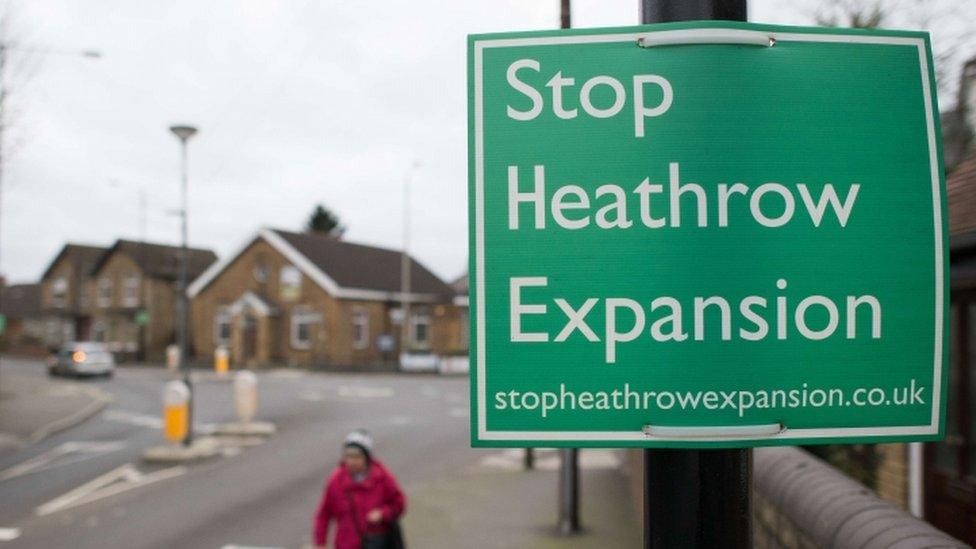
Another decision that has been put off for years that will have to be resolved by the new prime minister.
An independent review earlier this year urged a new runway at Heathrow as the best option for the UK but the government held off, saying publicly that more environmental research was needed although critics said the further delay was sign of political indecision.
The business community is pressing for a decision which its says would be a vital signal that the UK is open for business in the wake of the uncertainty of Brexit. But there are major obstacles, not just over the issue of air quality and the cost, but political problems.
Theresa May's cabinet could be stuffed full of opponents of Heathrow expansion - such as Justine Greening, Boris Johnson and Theresa Villiers - and the new PM, whose Maidenhead constituency is under the flight path, is also thought to have had reservations in the past.
- Published19 June 2016
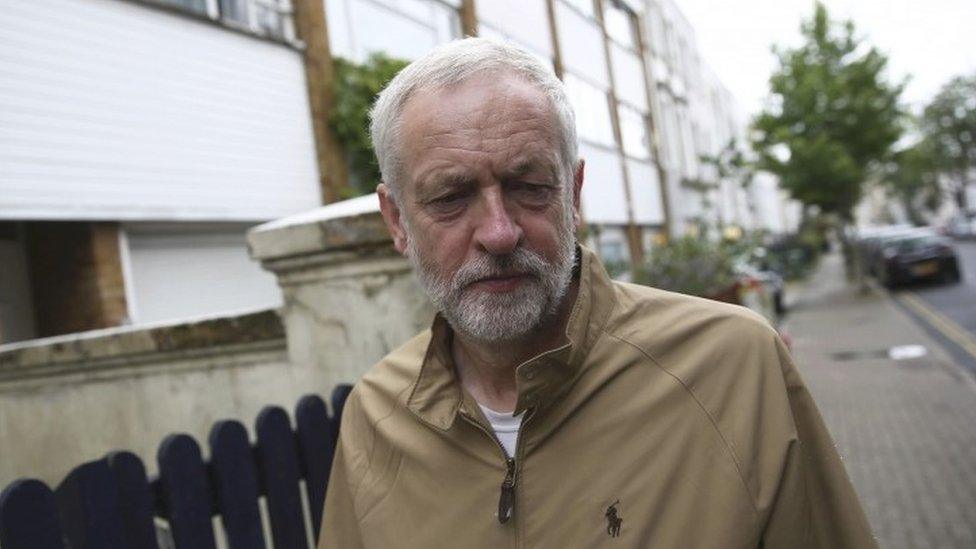
- Published12 July 2016
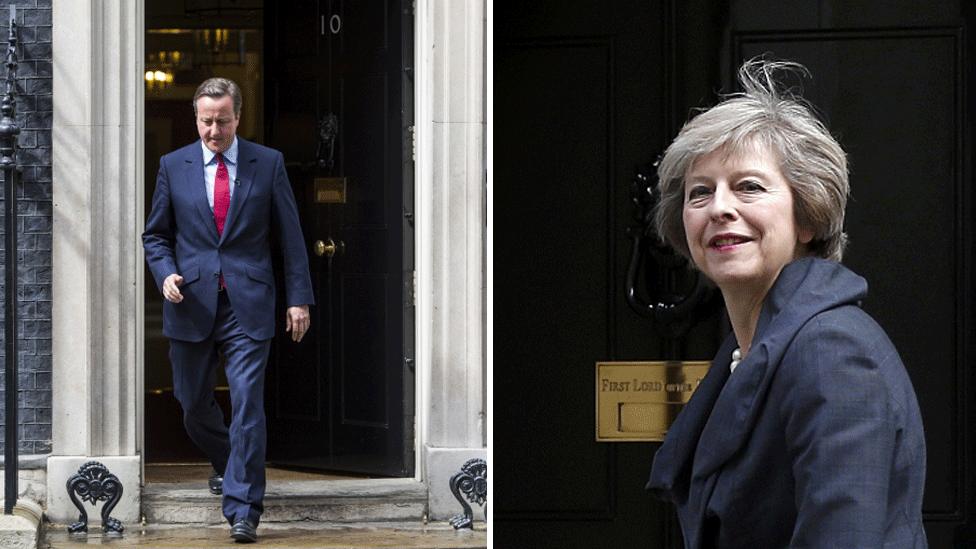
- Published25 July 2016
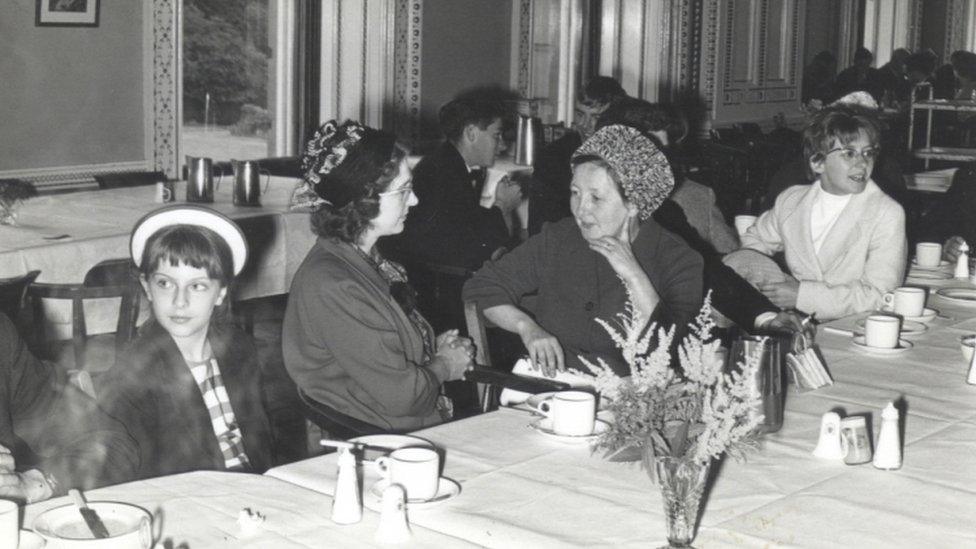
- Published12 July 2016
